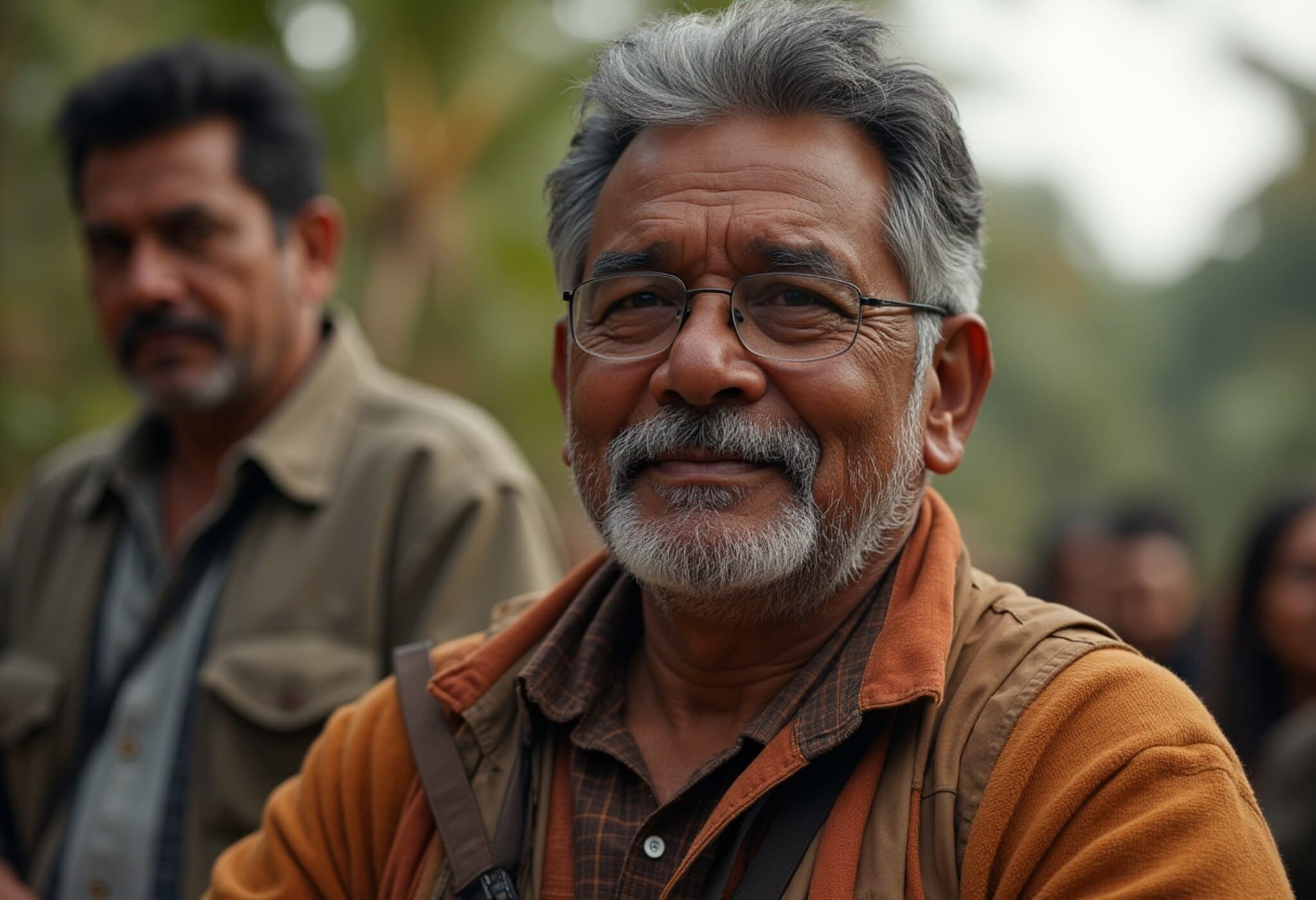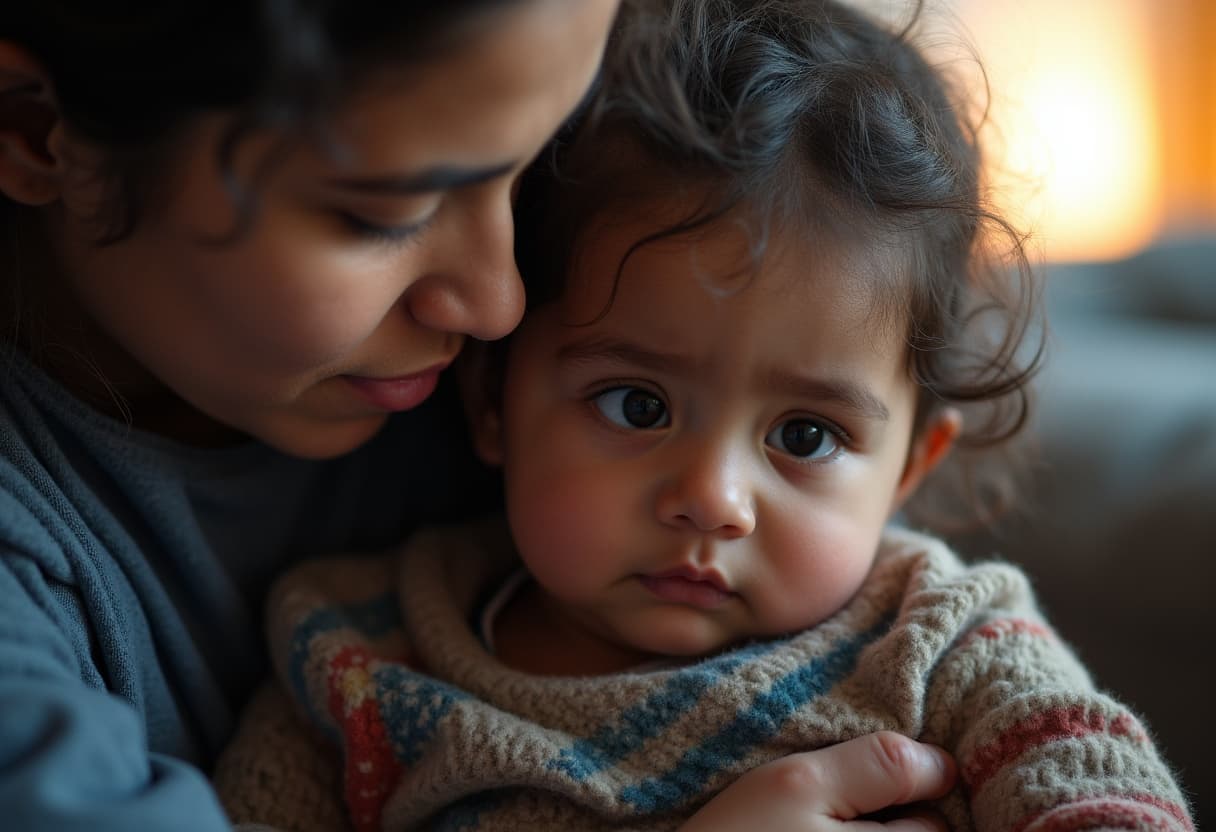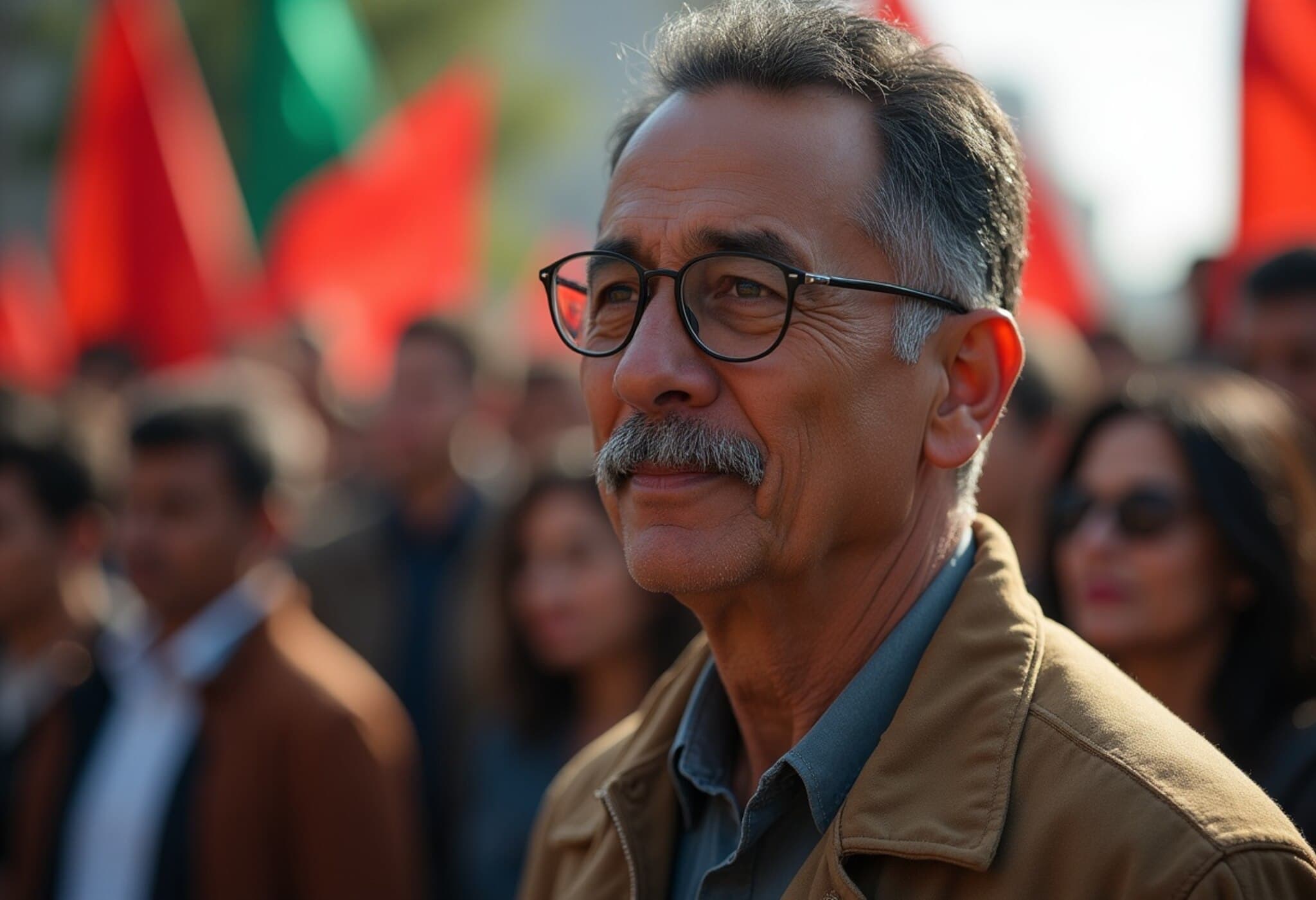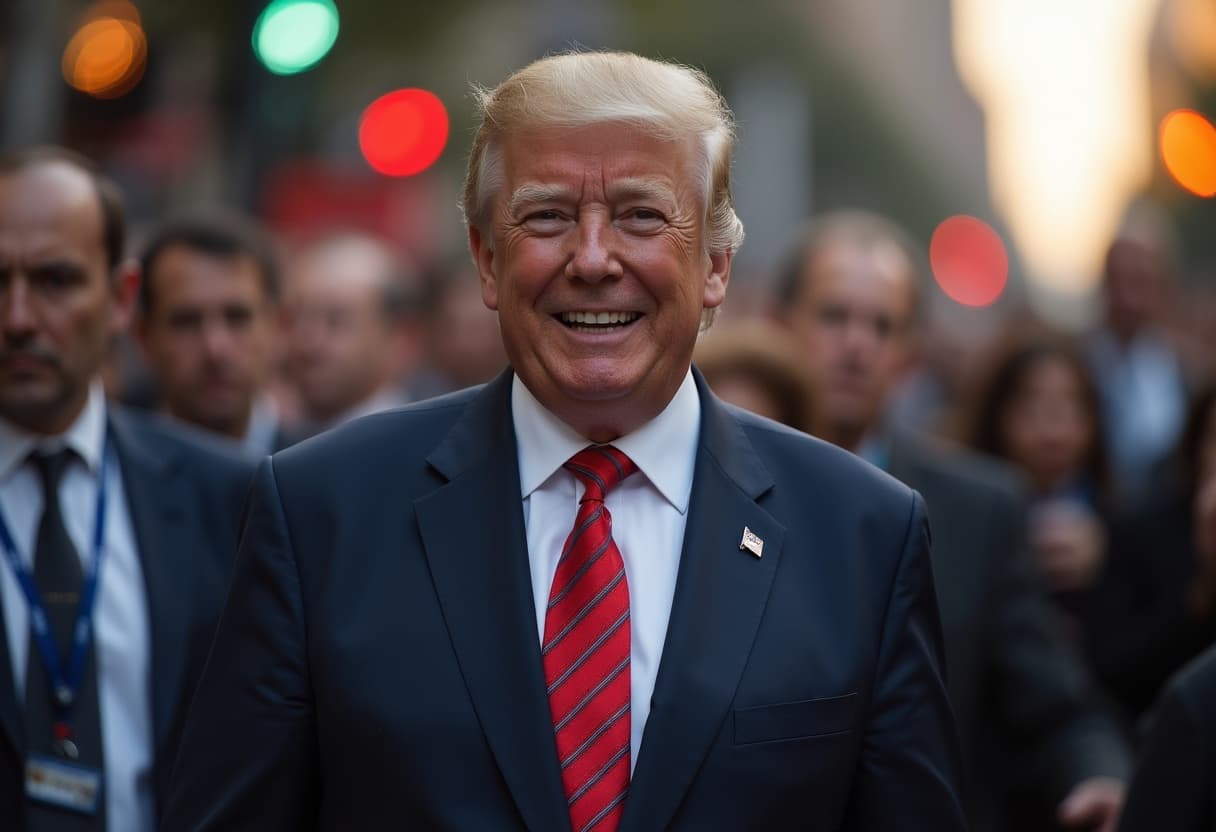From Bolivia’s Presidential Palace to a Hidden Compound: The Unseen Campaign of Evo Morales
Once Bolivia’s longest-serving president and its first Indigenous leader, Evo Morales has retreated from the corridors of official power to a remote compound deep in the woods, orchestrating a political campaign that defies legal restrictions and government pursuit.
Exile at Home: The Man Behind Bolivia’s Political Upheaval
From 2006 to 2019, Morales fundamentally transformed Bolivia’s political landscape by empowering Indigenous communities and investing heavily in social welfare programs. His leadership gave a voice to those long marginalized in Bolivia’s stratified society. Yet, his contentious bid for a fourth presidential term in 2019 triggered a national crisis, allegations of electoral fraud, and violent unrest, culminating in his brief exile and eventual forced resignation.
Fast forward to 2025, Morales finds himself barred by constitutional term limits and facing serious criminal accusations, including human trafficking and statutory rape involving a minor—a charge he neither denies nor fully acknowledges, though the accuser has withdrawn her allegations and denounced political manipulation. Despite this, Morales remains a potent political figure for many Bolivians, particularly in rural areas.
Life in Lauca Ñ: The Phantom Campaign Headquarters
To find Morales today, one must travel four hours into Bolivia’s highlands to the small town of Lauca Ñ, passing security checkpoints before arriving at a guarded woodland compound. Here, Morales and his closest loyalists live in a makeshift encampment—part refuge, part campaign hub—surrounded by tents where Indigenous supporters reside in precarious conditions. Within this enclave, Morales broadcasts weekly political radio shows, rallies supporters, and fortifies his underground movement.
The walls of his austere office reverberate with images of leftist icons such as Hugo Chávez and Fidel Castro, symbolizing his continued commitment to socialist regional alliances. Morales describes his compound not merely as self-protection but as safeguarding a political process and regional identity under siege.
The Political Rift: Morales vs. the Movement for Socialism (MAS)
Once the charismatic leader of the ruling Movement for Socialism (MAS), Morales’s influence has fractured, leading to public spats with Bolivia’s current president, Luis Arce, who succeeded him in office. Arce accuses Morales of selfishly undermining the party by urging supporters to cast null votes, risking a right-wing resurgence at the ballot box. Morales insists the electoral system is rigged against him and labels his ousting a “coup by the empire,” accusing the U.S. government of meddling in Bolivia’s political affairs.
Meanwhile, the 2025 presidential race proceeds with contenders including Arce’s protégé Andrónico Rodríguez, alongside center-right and conservative challengers. Morales’s call for boycotting the election rather than supporting MAS candidates splits leftist supporters and raises critical questions about democratic participation and representation amid political repression.
Enduring Support and Disillusionment
Despite mounting legal and political pressures, Morales retains a meaningful support base, especially among rural Indigenous communities who credit his tenure with reducing poverty and expanding social programs. One supporter, Edith Mendoza, lauds him as the only president truly connected to the people, dismissing allegations against him as politically motivated.
However, younger Bolivians like law student Romina Solano exhibit growing disillusionment, attributing Bolivia’s economic improvements more to global commodities booms than Morales’s governance. Such sentiments reflect broader skepticism about political leadership and highlight the challenges Bolivia faces in regrouping after years of polarization.
Looking Ahead: Bolivia's Political Crossroads
Morales remains defiant, vowing not to flee Bolivia again and continuing to mobilize his supporters despite judicial pursuits and political isolation. His shadow campaign and calls for electoral null votes pose complex dilemmas for Bolivia’s democracy, fraught with tension between popular support, legal boundaries, and internal party dynamics.
This unfolding saga illustrates a nation grappling with acceptance of democratic norms, rule of law, and political pluralism. The international community and Bolivians alike must ponder what path forward ensures stability, justice, and inclusion in one of South America’s most ethnically diverse countries.
Editor's Note:
Bolivia’s political drama underscores the perilous balance between charismatic leadership and institutional integrity. Evo Morales’s enduring influence, despite legal bans and serious allegations, reveals deep societal divides and questions about democracy’s resilience under pressure.
For American policymakers and scholars, Bolivia’s situation offers a cautionary tale on the fragility of democratic institutions in the face of populist nationalism and external geopolitical meddling. Moreover, it spotlights the critical need for transparent governance that uplifts marginalized voices without descending into authoritarian tactics or political retribution.
As Bolivians prepare to vote, the international community’s role in supporting fair electoral processes and respecting national sovereignty while promoting human rights remains more vital than ever.








